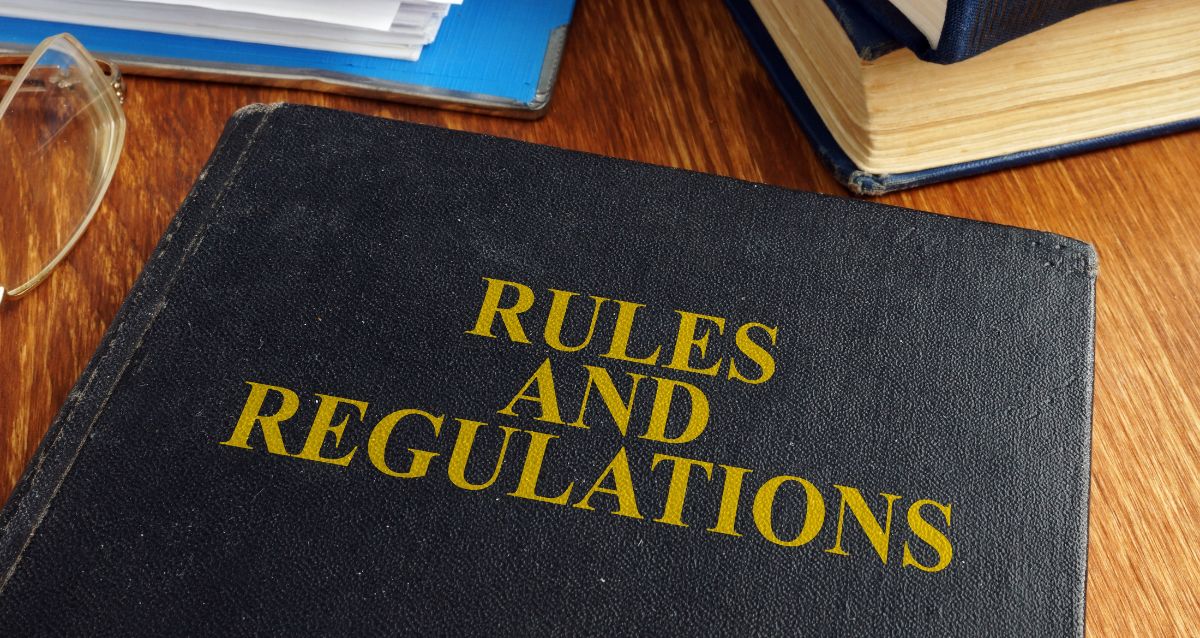Transfer Pricing Regulations in the UAE
One of the key elements of UAE Corporate Tax Law (Federal Decree-Law No. 47 of 2022) is its focus on Transfer Pricing (TP) - making sure that all transactions between Related Parties and Connected Persons are conducted at arm's length, just as they would be between independent and unrelated parties.
This blog explains the key areas of the UAE's transfer pricing framework, including definitions, documentation requirements, and compliance obligations for businesses operating in the UAE.
Transfer Pricing Rules and Their Objective (as per UAE Corporate Tax Law)
Transfer pricing regulations ensure that the pricing of transactions is not influenced by the relationship between the parties involved (Related Parties or between the company and Connected Person). To stop the companies from shifting profit from one tax country to a low tax country arm's length principle is applied to such transactions.
These rules apply to both cross-border and domestic transactions conducted by juridical persons and individuals.

Understanding the Arm's Length Principle
If a Company (which is a Taxable Person as per the UAE Corporate Tax Law in the UAE) makes transactions or arrangements with Related Parties + Connected Persons, the price of such transaction should be the same as if the transaction had taken place between two unrelated independent parties.
Who are Related Parties?
According to Article 35 of the Corporate Tax Law, Related Parties include:
- Natural persons within the fourth degree (by kinship, adoption, or guardianship).
- A natural person and a juridical person, where the person (alone or with related persons) owns or controls 50% or more of the entity.
- Two or more juridical persons where one owns or controls the other, or a third party owns or controls 50% or more in both.
- A Person and their Permanent Establishment (PE) or Foreign PE.
- Partners in the same Unincorporated Partnership.
- A Person involved in a trust or foundation (as trustee, founder, settlor, or beneficiary), including their Related Parties.
What is Control?
"Control" means the power to influence or direct another Person, which may include:
- Holding 50% or more voting rights,
- Determining 50% or more of the board,
- Receiving 50% or more of the profits, or
- Having a significant influence over business operations or decisions.
Who are Connected Persons?
According to Article 36, all the below will be considered as Connected Persons of a Taxable Person if they are:
(a) Owner;
(b) Director or officer; or
(c) A Related Party of the person in points (a) or (b) above.
(d) For an unincorporated partnership, any other partner in the same partnership, as well as any Person who is a Related Party of that partner.
Applicability of (Transfer Pricing) Arm Length Principle on Related Party & Connected Person
Article 34 of the UAE Corporate Tax Law provides that a transaction or arrangement between Related Parties is considered to meet the arm's length principle if the results are consistent with those that would have been realised had the parties been independent and engaged in a similar transaction under comparable circumstances.
Article 37 of UAE CT Law provides that any payment or benefit provided by a Taxable Person to a Connected Person shall be deductible only if these are fairly equivalent the Market Value of the service, benefit, or other consideration provided by the Connected Person and is incurred wholly and exclusively for the Taxable Person's business.
Furthermore, Ministerial Decision No. 134 of 2023 outlines the necessary adjustments to be made when calculating the Taxable Income arising from the transfer of an asset or liability between Related Parties to meet the Arm's Length Principle.
To determine the arm's length result of a transaction between Related Parties or Connected Persons, one or a combination of the following transfer pricing methods must be applied:
a) Comparable Uncontrolled Price Method
b) Resale Price Method
c) Cost-Plus Method
d) Transactional Net Margin Method
e) Transactional Profit Split Method
(The above methods have different applicability, which can vary on a case-by-case basis).
Adjustment made by the Foreign Tax Authority
Where the result of a transaction or arrangement between Related Parties does not fall within the arm's length range, the Federal Tax Authority (FTA) can make necessary adjustments in Taxable Income to reflect the arm's length result that best represents the nature of the transaction.
Can a corresponding adjustment be made in the UAE Corporate Tax Return if a foreign tax authority makes a transfer pricing adjustment after the filing of the
UAE Corporate Tax Return?
Yes. According to Article 34(11) of the UAE Corporate Tax Law, if a foreign tax authority makes an adjustment to a transaction or arrangement involving a Taxable Person to meet the arm's length standard, the Taxable Person may apply to the FTA to make a corresponding adjustment to their UAE Taxable Income.
Transfer Pricing Documentation Requirement - (Local File & Master File)
All Taxable Persons are required to maintain all the transfer pricing-related information to describe and explain the basis of determining the transfer prices of transactions with Related Parties and Connected Persons, and to prove that the prices are similar to those used in regular business deals.
Article 55 of the UAE Corporate Tax Law requires Taxable Persons to maintain a 'Master File' and a 'Local File' for transactions with their Related Parties and Connected Persons.
Master File and Local File are mandatory
* if revenue in the current tax period is AED 200 million or more, or
taxable person is part of a multinational enterprise group with total consolidated group revenue over or equal to AED 3.15 billion in the previous year.
Disclosure Requirement of Transaction
With Related Parties
Taxable Persons who are engaged in Transactions with Related Party (RPT) should check whether the total value of such transactions exceeds AED 40 million.
If total transactions with Related Parties go over AED 40 million, and any category (like goods, services, IP, loans, etc.) exceeds AED 4 million, those must be reported in the "Related Party Transaction Schedule" of the tax return.
With Connected Person
Taxable Persons who have made payments or provided benefits to Connected Person that exceeds AED 500,000 per Connected Person (together with its Related Parties) shall be disclosed in the "Connected Person Schedule" of the Corporate Tax Return.
To learn more about Transfer Pricing Regulations in the UAE: Compliance and Documentation, book a free consultation with one of the Flyingcolour team advisors.
Disclaimer: The information provided in this blog is based on our understanding of current tax laws and regulations. It is intended for general informational purposes only and does not constitute professional tax advice, consultation, or representation. The author and publisher are not responsible for any errors or omissions, or for any actions taken based on the information contained in this blog.

